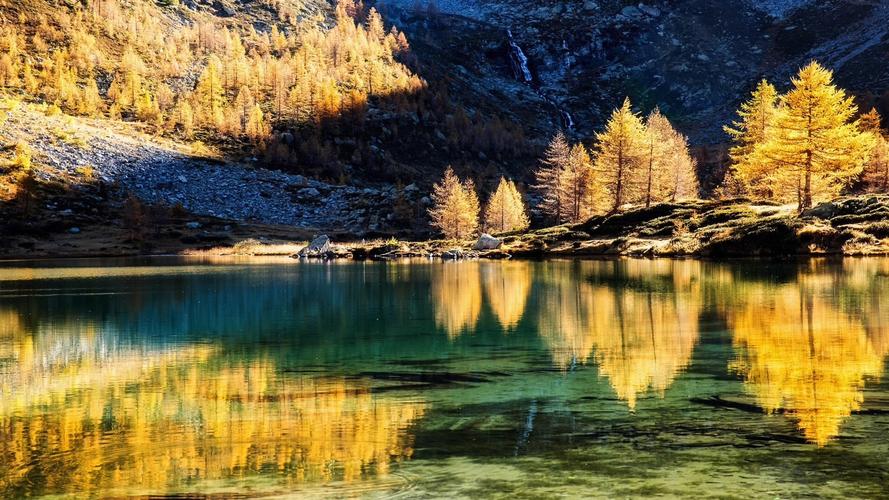Exploring the Evolution of Cultural Geography: From Early Concepts to Modern Day Applications
Culture and geography are two intertwined fields that have gained immense attention over time. The relationship between the two can be traced back to the early concepts of cultural geography, which focused on examining the ways in which humans interacted with their environment for cultural and economic reasons. However, as the world continued to change, so did cultural geography, leading to its evolution and modern-day applications. In this article, we will explore the evolution of cultural geography and how it has impacted society.
Early Concepts of Cultural Geography
The concept of cultural geography began in the early 20th century when geographers started to examine the role of cultural elements in shaping landscapes and environments. The emphasis was on the study of cultural landscapes, which sought to understand the ways in which humans had an impact on the environment. Through this study of cultural landscapes, geographers sought to understand the relationship between humans and their environment, examining the actions and ideas that underpinned cultural practices.
As time went on, cultural geography grew in significance, with researchers exploring new ideas about culture and its role in shaping human behavior. Cultural geography developed into a multi-disciplinary field that incorporated various theories and concepts from other areas of study, such as anthropology and sociology.
Modern-Day Applications of Cultural Geography
Today, cultural geography has evolved into a critical tool for understanding complex global challenges. It has become a vital component of policy-making, resource management, and urban planning, among others. For instance, cultural geographers are involved in urban planning and designing cities that recognize the significance of cultural practices and identities.
Cultural geography is also an essential tool for understanding the impacts of globalization and cultural diffusion. It helps us understand how people around the world are influenced by other cultures and how this affects their daily lives. Cultural geographers have also played a crucial role in fostering cultural conservation, identifying significant cultural landscapes, and preserving cultural heritage sites.
Examples of Cultural Geography in Action
One excellent example of cultural geography in action is the study of the impact of climate change on cultural landscapes. Geographers are investigating how changing climates are altering natural and cultural landscapes around the world and how people are responding to these changes. This has led to the identification of areas at risk and helped policymakers design conservation strategies tailored to specific regions.
Another example of cultural geography in action is the study of cultural landscapes in urban centers. Cultural geographers work with city planners to identify the cultural aspects of a city and how these elements influence urban development. This helps planners create more holistic, culturally-sensitive designs that recognize the value of cultural diversity and identity.
Conclusion
Cultural geography has evolved significantly over time, from its initial focus on the relationship between humans and their environment to its modern-day applications in policy-making, resource management, and urban planning. By examining the ways in which cultural landscapes are shaped and how they shape human behavior, cultural geographers play a vital role in identifying significant cultural sites, fostering cultural conservation, and designing culturally-sensitive urban centers. With its current applications and future possibilities, cultural geography remains an essential tool for understanding human behavior in the context of the environment.
(Note: Do you have knowledge or insights to share? Unlock new opportunities and expand your reach by joining our authors team. Click Registration to join us and share your expertise with our readers.)
Speech tips:
Please note that any statements involving politics will not be approved.
